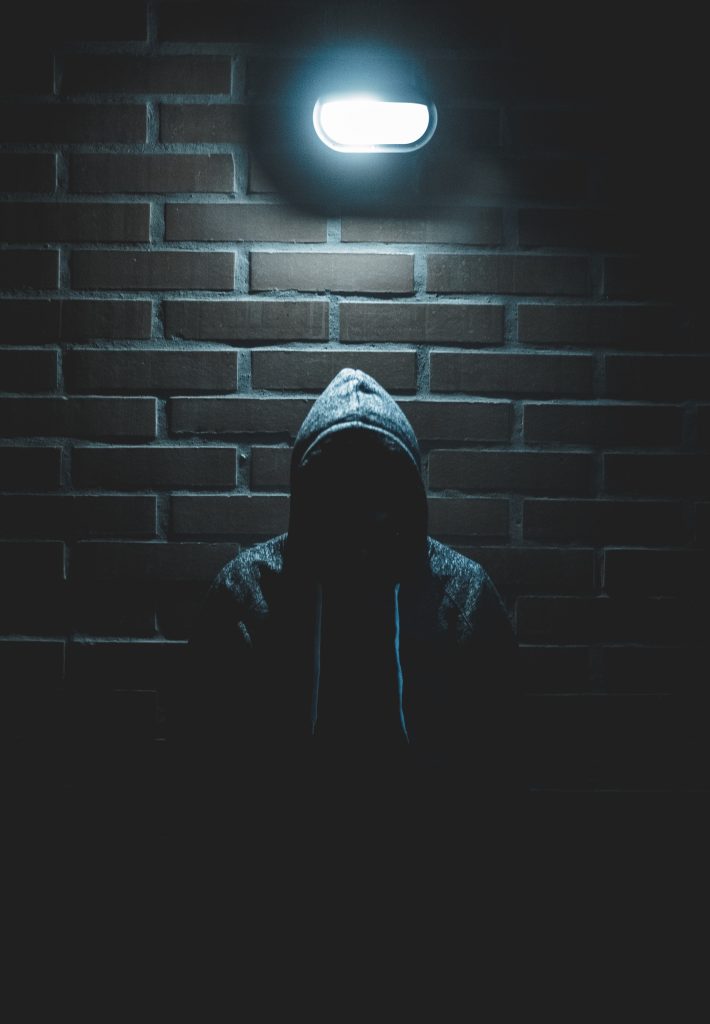
As cybercriminals thrive in the chaos and confusion that comes with the COVID-19 pandemic, law enforcement officials are beginning to fight back. The U.S Department of Justice announced Sunday that it has taken its first enforcement action against coronavirus cyber-fraud in Texas federal court.
The Justice Department said the enforcement action was filed in Austin against unnamed operators of a website claiming to sell a World Health Organization (WHO) COVID-19 vaccine kit.
The complaint states that “the defendant is engaging in and facilitating a predatory wire fraud scheme exploiting the current Covid-19 pandemic.”
The scam website, which was charging $4.95 for the non-existent vaccine and also requested credit card details, was accused of engaging in wire fraud.
The site was registered by NameCheap, Inc. and promoted free “Covid-19 vaccine kits” from the World Health Organization for just the cost of shipping, or $4.95. Additionally, to sell the illusion of an official governmental imprimatur, it used a photo of Anthony Fauci, head of the National Institute of Allergy and Infectious Diseases at the National Institutes of Health.
U.S. District Judge Robert Pitman issued a temporary restraining order forcing the registrar to immediately block public access to the website while an investigation of the website and its operators is pursued.
“The Department of Justice will not tolerate criminal exploitation of this national emergency for personal gain,” said Assistant Attorney General Jody Hunt of the Department of Justice’s Civil Division. “We will use every resource at the government’s disposal to act quickly to shut down these most despicable of scammers, whether they are defrauding consumers, committing identity theft, or delivering malware.”
“We, therefore, moved very quickly to shut down this scam. We hope in the future that responsible web domain registrars will quickly and effectively shut down websites designed to facilitate these scams. My office will continue to be aggressive in targeting these sorts of despicable frauds for the duration of this emergency.”
The news of the enforcement action comes quickly after U.S. Attorney General William Barr has directed the Department of Justice (DoJ) to “prioritize fraud schemes arising out of the coronavirus emergency.”
The FBI has warned of a notable spike in COVID-19 scams, adding to concerns about an “unprecedented wave” of cyber-attacks voiced by United States Attorney Scott Brady.
“At a time when we face such unprecedented challenges with the COVID-19 crisis, Americans are understandably desperate to find solutions to keep their families safe and healthy,” said Special Agent in Charge Christopher Combs of the FBI’s San Antonio Field Office. “Fraudsters who seek to profit from their fear and uncertainty, by selling bogus vaccines or cures, not only steal limited resources from our communities, they pose an even greater danger by spreading misinformation and creating confusion. During this difficult time, protecting our communities from these reprehensible fraud schemes will remain one of the FBI’s highest priorities.”
The Department of Justice recommends that Americans take the following precautionary measures to protect themselves from known and emerging scams related to COVID-19:
- Independently verify the identity of any company, charity, or individual that contacts you regarding COVID-19.
- Check the websites and email addresses offering information, products, or services related to COVID-19. Be aware that scammers often employ addresses that differ only slightly from those belonging to the entities they are impersonating. For example, they might use “cdc.com” or “cdc.org” instead of “cdc.gov.”
- Be wary of unsolicited emails offering information, supplies, or treatment for COVID-19 or requesting your personal information for medical purposes. Legitimate health authorities will not contact the general public this way.
- Do not click on links or open email attachments from unknown or unverified sources. Doing so could download a virus onto your computer or device.
- Make sure the anti-malware and anti-virus software on your computer is operating and up to date.
- Ignore offers for a COVID-19 vaccine, cure, or treatment. Remember, if a vaccine becomes available, you won’t hear about it for the first time through an email, online ad, or unsolicited sales pitch.
- Check online reviews of any company offering COVID-19 products or supplies. Avoid companies whose customers have complained about not receiving items.
- Research any charities or crowdfunding sites soliciting donations in connection with COVID-19 before giving any donation. Remember, an organization may not be legitimate even if it uses words like “CDC” or “government” in its name or has reputable looking seals or logos on its materials. For online resources on donating wisely, visit the Federal Trade Commission (FTC) website.
- Be wary of any business, charity, or individual requesting payments or donations in cash, by wire transfer, gift card, or through the mail. Don’t send money through any of these channels.
- Be cautious of “investment opportunities” tied to COVID-19, especially those based on claims that a small company’s products or services can help stop the virus. If you decide to invest, carefully research the investment beforehand. For information on how to avoid investment fraud, visit the U.S. Securities and Exchange Commission (SEC) website.

